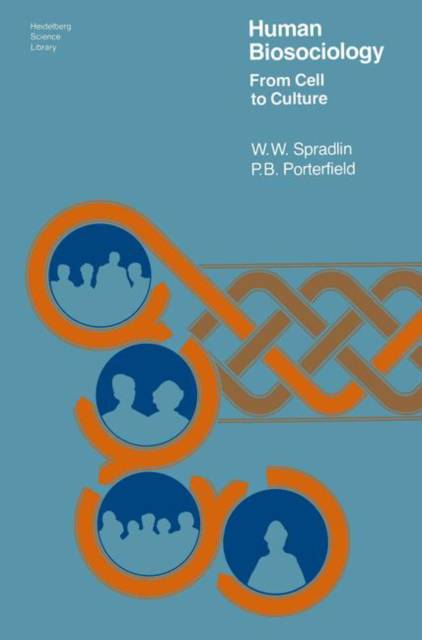
- Retrait gratuit dans votre magasin Club
- 7.000.000 titres dans notre catalogue
- Payer en toute sécurité
- Toujours un magasin près de chez vous
- Retrait gratuit dans votre magasin Club
- 7.000.0000 titres dans notre catalogue
- Payer en toute sécurité
- Toujours un magasin près de chez vous
Description
There is growing evidence that an amalgamation of systems theories and communication and information theories will become the leading conceptual model for addressing human behavior. In this book we have used a theoretical frame which focuses on the coding, storage, and movement of information within and among open systems. We believe this to be a productive working concept which allows the student of human behavior to avoid the mind/body dichotomy. This conceptual framework also allows the integration of the biologic and sociologic aspects of human behavior. Using this theoret- ical model we may see science and art as a continuum of imaginative ways of organizing information. Hence, the primary aim of this text is to provide a conceptual frame for students of human behavior which utilizes systems theories and information and communi- cation theories in an integrated approach which is both theoretical and practical. It is written for the student in the behavioral sciences who may be planning a career in medicine, social work, psychology, nursing, guidance and counseling, the ministry, or other health and service professions. In addition, students in biology, sociology, and philosophy may benefit from this conceptual ap- proach. It is also written for the practitioner who is cur- rently delivering counseling and other health services to a variety of clientele.
Spécifications
Parties prenantes
- Auteur(s) :
- Editeur:
Contenu
- Nombre de pages :
- 228
- Langue:
- Anglais
- Collection :
Caractéristiques
- EAN:
- 9780387903507
- Date de parution :
- 12-03-79
- Format:
- Livre broché
- Format numérique:
- Trade paperback (VS)
- Dimensions :
- 156 mm x 234 mm
- Poids :
- 344 g

Les avis
Nous publions uniquement les avis qui respectent les conditions requises. Consultez nos conditions pour les avis.






